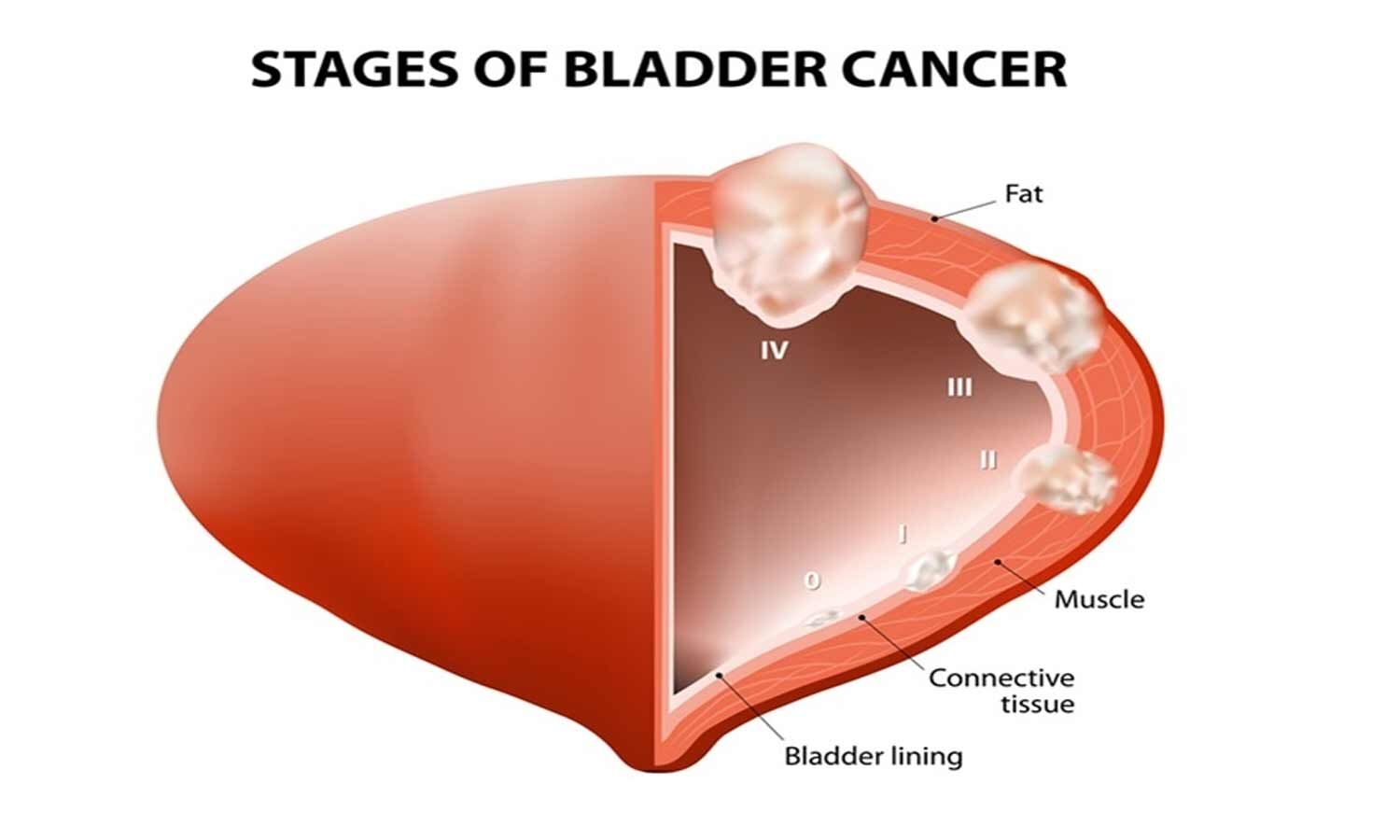AstraZeneca fails to meet target endpoints in Phase II bladder cancer trial

USA: The Phase III DANUBE trial for Imfinzi (durvalumab) and Imfinzi plus tremelimumab in unresectable, Stage IV (metastatic) bladder cancer did not meet the primary endpoints of improving overall survival (OS) versus standard-of-care (SoC) chemotherapy for Imfinzi monotherapy in patients whose tumour cells and/or tumour-infiltrating immune cells express high levels (≥25%) of PD-L1, or for Imfinzi plus tremelimumab in patients regardless of their PD-L1 expression.
José Baselga, Executive Vice President, Oncology R&D, said: "AstraZeneca remains committed to addressing unmet needs in bladder cancer and the potential for immunotherapy to improve outcomes for these patients. The results from this trial will inform our comprehensive Phase III development programme in bladder cancer. We look forward to the results of the Phase III NILE trial also in the 1st-line metastatic setting, and we continue to advance clinical trials for patients at earlier stages of the disease."
The safety and tolerability profiles for Imfinzi and the combination with tremelimumab were consistent with previous trials. The data will be presented at a forthcoming medical meeting.
Imfinzi is being developed in patients with unresectable, locally advanced or metastatic bladder cancer in the Phase III NILE trial either in combination with chemotherapy or with chemotherapy and tremelimumab. Imfinzi is also being tested in earlier stages of bladder cancer in the Phase III NIAGARA trial in combination with chemotherapy and in the Phase III POTOMAC trial in combination with SoC Bacillus Calmette-Guerin immunotherapy.
Imfinzi is approved for patients with locally advanced or metastatic bladder cancer previously treated with platinum-containing chemotherapy in 15 countries, including the US.
In 2018, approximately 550,000 people were diagnosed with bladder cancer around the world and 200,000 died from the disease.1 Locally advanced and metastatic bladder cancer remains an area of unmet medical need and typically only one in seven patients are alive five years after diagnosis.2 Urothelial cancer (UC) is the most common form of bladder cancer.3 UC is the 10th most common cancer worldwide and the 13th most common cause of cancer death.1,4 PD-L1 is widely expressed in tumour and immune cells in patients with bladder cancer and helps tumours evade detection from the immune system.5
DANUBE is a randomised, open-label, multi-centre, global, Phase III trial in the 1st-line treatment of both cisplatin eligible and ineligible patients with unresectable, Stage IV (metastatic) UC. The trial compared Imfinzi monotherapy or Imfinzi plus tremelimumab versus cisplatin and gemcitabine or carboplatin and gemcitabine chemotherapy. The trial was conducted in more than 220 centres across 24 countries, including centres in the US, Canada, Europe, South America, Asia, Australia and the Middle East.
Eligible patients included those with transitional cell carcinoma of the urothelium, including renal pelvis, ureters, urinary bladder, and urethra. High PD-L1 was defined as ≥25% of tumour cells (TC) or tumour-infiltrating immune cells (IC) expressing membrane PD-L1 if ICs involved >1% of the tumour area, or TC≥25% or IC=100% if ICs involved ≤1% of the tumour area.
The primary endpoints of the trial were OS in high PD-L1 patients treated with Imfinzi monotherapy, and OS in patients treated with Imfinzi plus tremelimumab regardless of their PD-L1 status. The DANUBE trial addresses a post-approval commitment in agreement with the US Food and Drug Administration from the May 2017 accelerated US approval of Imfinzi in previously treated patients with advanced bladder cancer.
Imfinzi (durvalumab) is a human monoclonal antibody that binds to PD-L1 and blocks the interaction of PD-L1 with PD-1 and CD80, countering the tumour's immune-evading tactics and releasing the inhibition of immune responses.
Imfinzi is approved in the curative-intent setting of unresectable, Stage III non-small cell lung cancer (NSCLC) after chemoradiation therapy in 61 countries, including the US, Japan, China and across the EU, based on the Phase III PACIFIC trial. Imfinzi recently received its first global approval for the 1st-line treatment of extensive-stage small-cell lung cancer (ES-SCLC) in combination with SoC chemotherapy in Singapore.
As part of a broad development programme, Imfinzi is also being tested as a monotherapy and in combinations including with tremelimumab, an anti-CTLA4 monoclonal antibody and potential new medicine, as a treatment for patients with NSCLC, SCLC, bladder cancer, head and neck cancer, liver cancer, biliary tract cancer, cervical cancer and other solid tumours.
Tremelimumab is a human monoclonal antibody and potential new medicine that targets the activity of cytotoxic T-lymphocyte-associated protein 4 (CTLA-4). Tremelimumab blocks the activity of CTLA-4, contributing to T cell activation, priming the immune response to cancer and fostering cancer cell death. Tremelimumab is being tested in a clinical trial programme in combination with Imfinzi in NSCLC, SCLC, bladder cancer, head and neck cancer and liver cancer.
Read Also: Ministry Of Science And Technology Invites Concept Proposals For CAR T Cell Therapy
Medical Dialogues Bureau consists of a team of passionate medical/scientific writers, led by doctors and healthcare researchers. Our team efforts to bring you updated and timely news about the important happenings of the medical and healthcare sector. Our editorial team can be reached at editorial@medicaldialogues.in. Check out more about our bureau/team here

Disclaimer: This site is primarily intended for healthcare professionals. Any content/information on this website does not replace the advice of medical and/or health professionals and should not be construed as medical/diagnostic advice/endorsement or prescription. Use of this site is subject to our terms of use, privacy policy, advertisement policy. © 2020 Minerva Medical Treatment Pvt Ltd